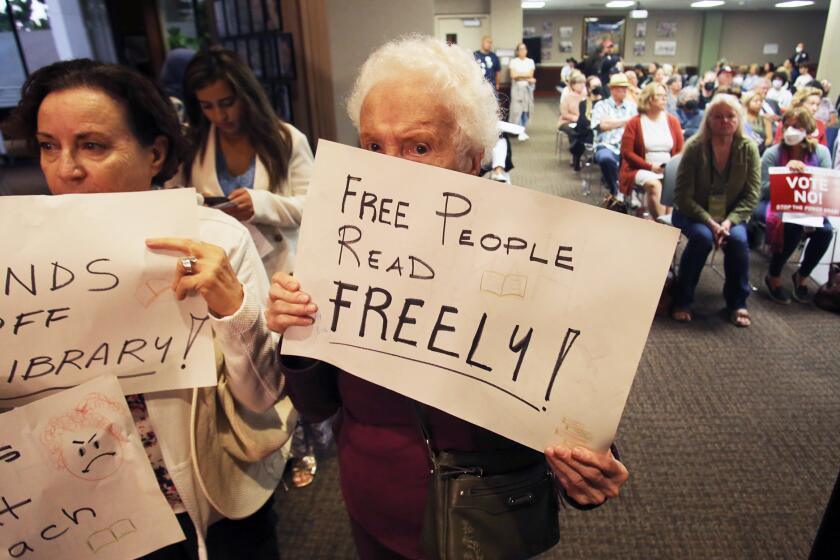Two love stories are better than one
Movie critics often cite “predictability” as a negative. However, anyone who frequents a favorite restaurant or returns to a special vacation spot is counting on this factor.
I imagine the same comfort of familiarity is sought by fans of romantic comedies. The “rom com” has been a mainstay of cinema almost as long as movies have existed. Most often, the plot follows a well-established, tried-and-true formula. The protagonists meet, initially despise each other, eventually realize they’ve fallen in love long after the audience has figured it out, and presumably live happily ever after.
The new film “Letters to Juliet” doesn’t stray far from this successful formula, even though it does have the distinction of two parallel love stories. In this film, Sophie (Amanda Seyfried) is a fact-checker for the New Yorker with aspirations to be a writer. She is engaged to budding restaurateur Victor (Gael Garcia Bernal). The two are taking a “pre-honeymoon” vacation to Verona, Italy, where they will sightsee while Victor finds cheese, olive oil and wine suppliers for his new restaurant.
Victor’s complete obsession with his upcoming restaurant opening causes him to ignore Sophie, who reluctantly decides to tour the area on her own. Verona is most famous as being the setting for “Romeo and Juliet.” Sophie is surprised to find that young women leave notes taped to the wall underneath Juliet’s balcony seeking romantic advice. She is more puzzled when she notices a young woman gathering the notes each night and carrying them away in a basket.
Sophie learns there is a group of women who attempt to answer the letters left by the lovelorn, and she soon befriends them and is even permitted to answer a few letters. One day while gathering the letters, Sophie discovers a yellowed envelope behind a loose stone in the wall. The letter is from a teenage English girl named Claire, who wrote Juliet 50 years ago to seek advice about her love, Lorenzo.
Sophie is fascinated by the letter and writes a response to the address on the envelope. A few days later, she is approached by Charlie (Christopher Egan), the young grandson of Claire. He admonishes Sophie for disturbing his grandmother and filling her head with romantic fantasies that will probably turn out badly. Unbeknownst to Charlie, Sophie follows him back to his hotel, where she meets Claire (Vanessa Redgrave).
Claire is determined to find Lorenzo, who could be dead for all she knows. She invites Sophie to come along, much to the consternation of Charlie. Sophie agrees because Victor is still indisposed and she wants to write an article about the adventure.
What follows is predictable. Nonetheless, the two female leads, Seyfried and Redgrave, are so luminous in their own way and their romantic quest so pure that one tends to simply go along for the ride. The film is helped by the Tuscan scenery, which is so gorgeous that it probably seems real only to people who have been there.
Another thing particularly enjoyable about the film is the high ethical standards displayed by all characters. There is no infidelity, the current and former romantic interests of the principal characters are never portrayed as evil or buffoons, and the love Claire has felt for Lorenzo (Franco Nero) for five decades is of the most idealistic type.
An interesting side note to this cinematic love story is the real-life relationship of Redgrave and Nero. The two had a brief affair after meeting on the set of “Camelot” in 1967. The two split shortly after the birth of their son Carlo in 1969. After nearly 40 years, during which they had relationships with other people, Redgrave and Nero married in 2006.
For fans of this genre, and there are many, “Letters to Juliet” will be another chapter in a long list of touching romantic comedies. For those who believe true romance exists, “Letters to Juliet” will warm the soul and rekindle that belief.
All the latest on Orange County from Orange County.
Get our free TimesOC newsletter.
You may occasionally receive promotional content from the Daily Pilot.



